History of Hashish in the 19th Century
Since its inception, hashish has been explored, but perhaps no more than the 19th century.
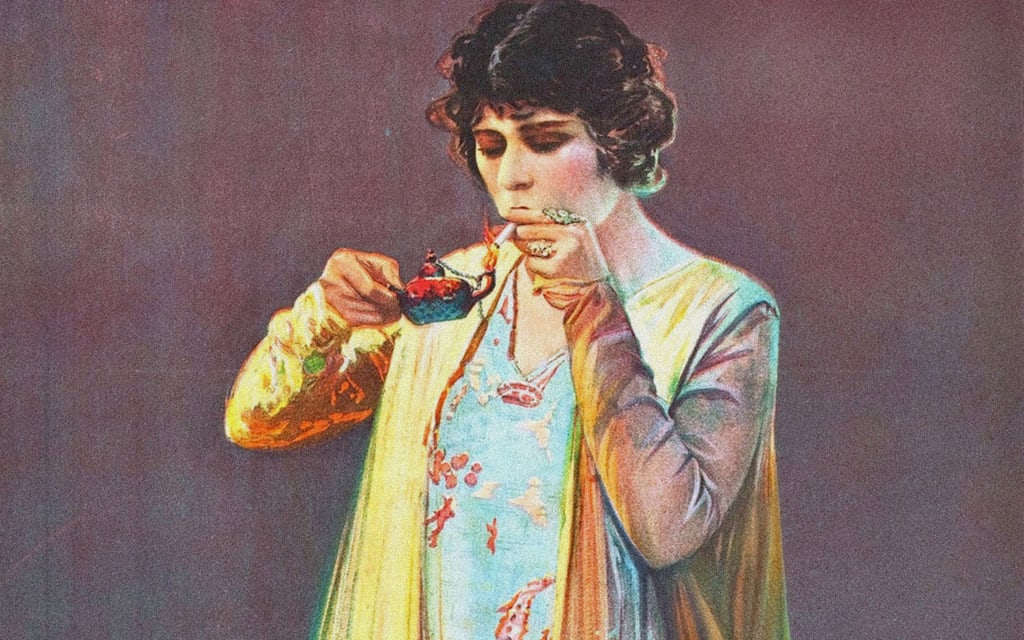
Hashish, also known as hash, is a form of cannabis that cannot burn on its own. Well, it can, as all things can burn, but it does not catch fire as easily as regular pot does. It is usually smoked in either a pipe or rolled up in a joint.
You would probably assume that hashish, like other forms of cannabis, followed in the footsteps of other forms of marijuana over the course of history. It had its highs and falls, was outlawed in the 30s, and then... that's it. There's nothing that distinguishes hashish from other forms of marijuana.
Right?
Wrong.
In the 19th century, a group of intellectuals pushed hashish for a few decades into the then-mainstream society, proclaiming it as a mind expansive substance that could inspire brilliance in all who partook in it.
Pipe Weed
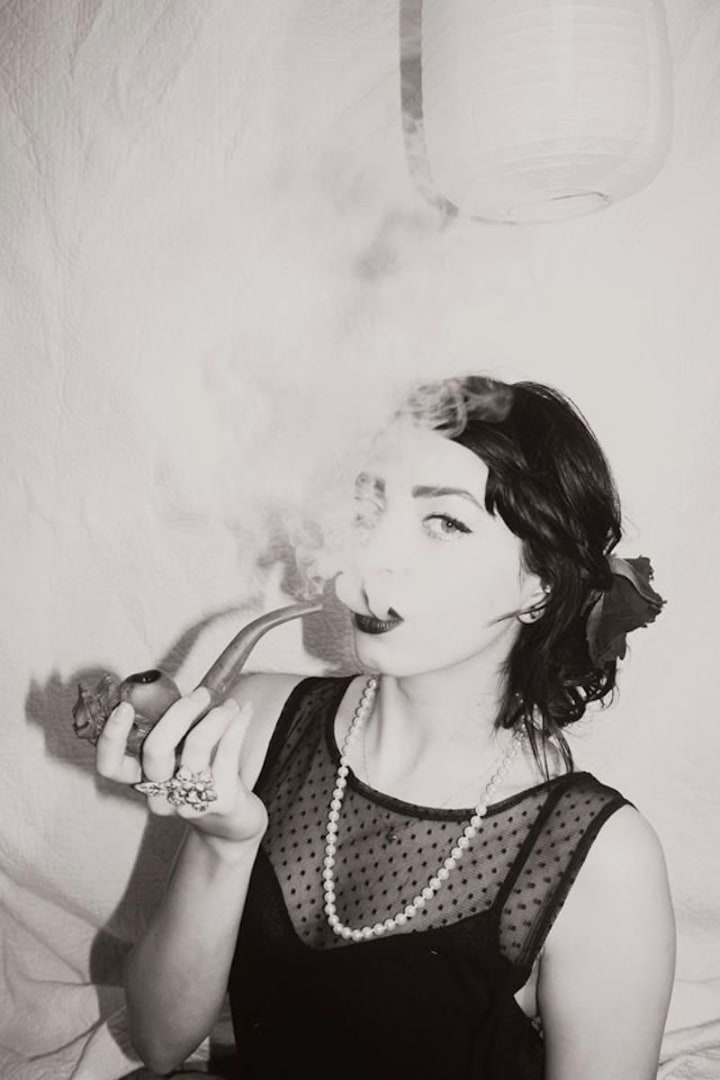
Before we move onto the more incredible thing, let us establish one thing: many people would mix hashish into their pipes to smoke it.
Pipe smoking was a very well-accepted practice in the 19th Century, though it has fallen out of style in later years. Many people put tobacco into their pipes, but this was by no means the only thing people put in there.
Hashish was not the core ingredient, but often mixed up with a few different things, as it is now when consumed through joints.
So what, you ask? Hashish was smoked in pipes? Who cares? Well...
Brain Drugs
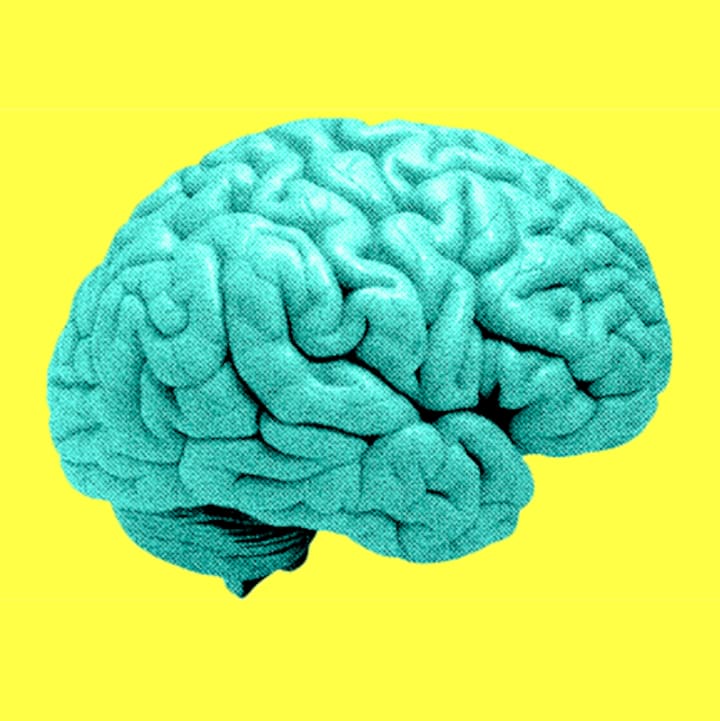
In the early 1800s, many intellectuals searched for chemical means to enhance their own intellect. The Industrial Revolution had proven that, with enough brain power, a person could design a machine to do the work of a hundred men. The 1800s saw the rise of the novel as a literary art form, forever revolutionizing human culture. A high value was put on intellectualism, and, some rationalized, there must be some means to increase one's intellect artificially in order to increase their potential.
The romantic movement informed mankind that, should you wish to transcend beyond the limitations of the flesh, look to nature. Nature has the answer.
Some took this literally.
It was a popular belief for awhile in some parts of Europe that snorting or smoking cocaine would stimulate your brain activity. Which, in all fairness, it does. It also can kill you, but people didn't understand that at the time. One of the biggest fans of cocaine was Sigmund Freud, who created many of his theories while snorting up cocaine and smoking packs of cigars.
Another popular drug was opium. Though many know that Europeans hooked the Chinese on opium to better control them during the 18th and 19th centuries, pseudo-scientific organizations took to claim that opium was a means to expand the confines of the mind.
But, naturally, opium could also kill you, and people at that time realized that.
It is important to understand this, because, without understanding the context of the times, it is impossible to understand how a bunch of intellectuals would conclude that hashish was somehow the most important discovery since the wheel. People believed that there would be a wonder drug to boost brain power.
And, for some reason, people thought that wonder drug was hashish.
Possibly because, unlike opium or cocaine, it didn't kill you.
Club des Haschischins
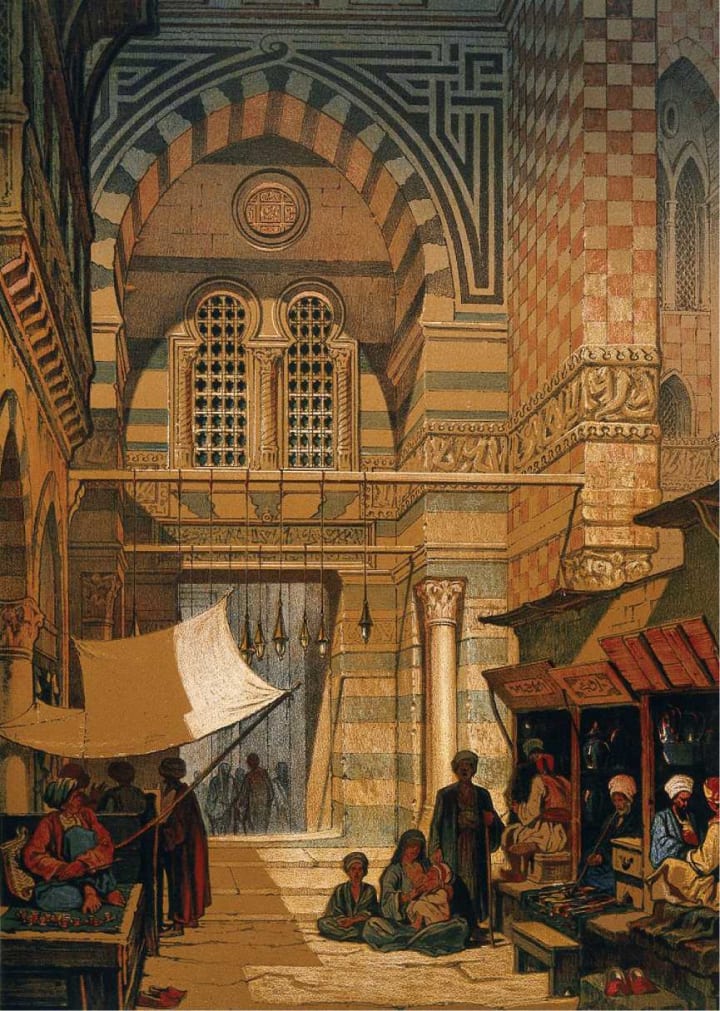
What is fascinating about this movement is not why hashish was regarded as a wonder drug. As mentioned before, romantics thought that nature held secrets that man knew not, so many natural compounds were being passed along as "miracle drugs."
What's fascinating is that people believed it. People you've heard of.
The Club des Haschischins was a club in Paris where major intellectuals of the time got together to smoke hashish. It was, in many senses, an elite society. Only those who have displayed incredible intellectual potential were allowed to join, though all the members in their writings encouraged people to try hashish for themselves if they could afford it.
Though the members were those of the societal elite, many of them were philanthropists, drawing attention to social injustices that befell those less fortunate.
The club was open from 1844 to 1849. Among its membership? Alexandre Dumas, writer of The Three Musketeers, Jacques-Joseph Moreau, the first scientist to do studies on the effects of drugs (positive and negative) on the nervous system (both thanks to his trips through Egypt and his experiences in the club), Theophile Gautier, a terrific poet and playwrite from the time period, Eugene Delacroix, the famous romantic painters behind the portrait "Liberty Leading the People," and, most surprising of all, Victor Hugo.
Don't know who Victor Hugo is? He's only the guy who wrote The Hunchback of Notre Dame and Les Miserables!
So, aside from smoking hashish, what else did these brilliant men of the 19th Century do? Well...
Ghosts
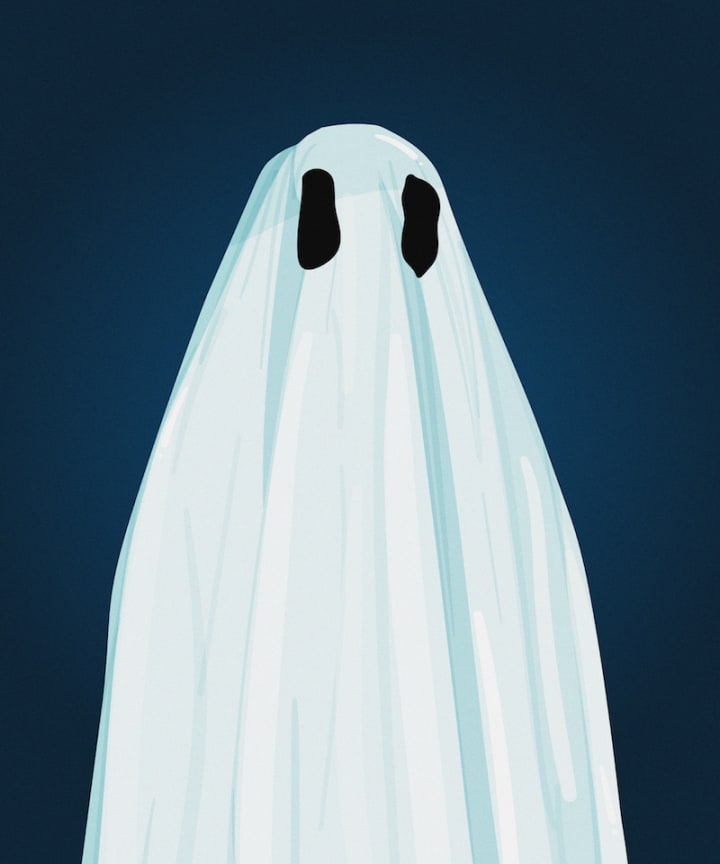
Aside from brain drugs, seances were very popular in this time period. When people tried "expanding the human mind," it wasn't just for the practical purpose of creating machines and works of literature. It was also because they wanted to find ghosts.
I want you to imagine some of the greatest minds of Paris gathered around a table with a medium, all holding hands, waiting for ghosts to pop up.
Hashish was regarded as a perfect chemical to consume when hoping to peer into the spirit world. I am not kidding.
So yes. Hashish was smoked by a bunch of smart people who wanted to both become smarter... and see ghosts.
You see, I built up this whole dramatic explanation and summation of my ideas, but, really, I don't think I can really top this. Who knows? Maybe they did see spooks in the shadows or what have you, but, in the end, it doesn't really matter.
While people argued the benefits of hash for years, the energy behind these proclamations muted over the decades, until the great marijuana terrors of the early 20th century, which led to marijuana's prohibition.
About the Creator
Shinji Kazuma
I’m an agoraphobe. My father is a very intimidating figure in my life. I like cats.






Comments
There are no comments for this story
Be the first to respond and start the conversation.